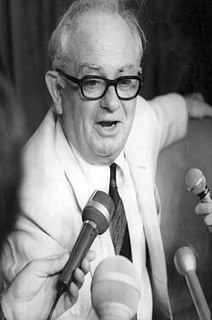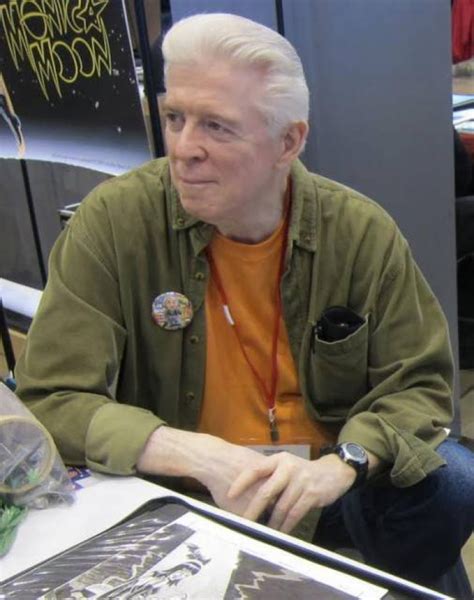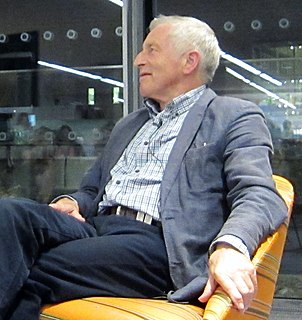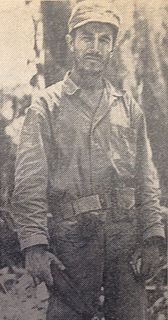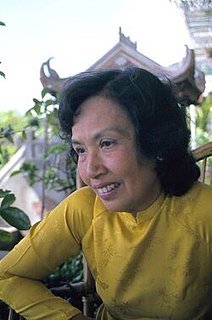A Quote by Wilfred Burchett
As in all his subsequent dealings with France, Ho Chi Minh's demands were a model of modesty.
Related Quotes
On many occasions in the late 1950s and 1960s, [Ho Chi Minh's] ideas were apparently ignored by those who felt that his approach was too naive and prone to compromise. The outbreak of open warfare with the French and later with the United States was in effect a sign of the failure of Ho Chi Minh to achieve his objective to fight and win at low cost.
I see no reason to believe that the Vietnamese Communist Party will lose control over the reins of power in Vietnam. There is no organized force in the country that is capable of competing with the VCP for power. And the party still believes that it must rule by intimidation and by dominating the political scene In effect, it has abandoned that part of Ho Chi Minh's legacy that the people must be won over by persuasion rather than by force - a dictum that Ho Chi Minh did not always follow himself.
Giap was a master of logistics, but his reputation rests on more than that. His victories were achieved by a patient strategy that he and Ho Chi Minh were convinced would succeed - an unwavering resolve to suffer immense casualties and the near total destruction of their country to defeat any adversary, no matter how powerful.
